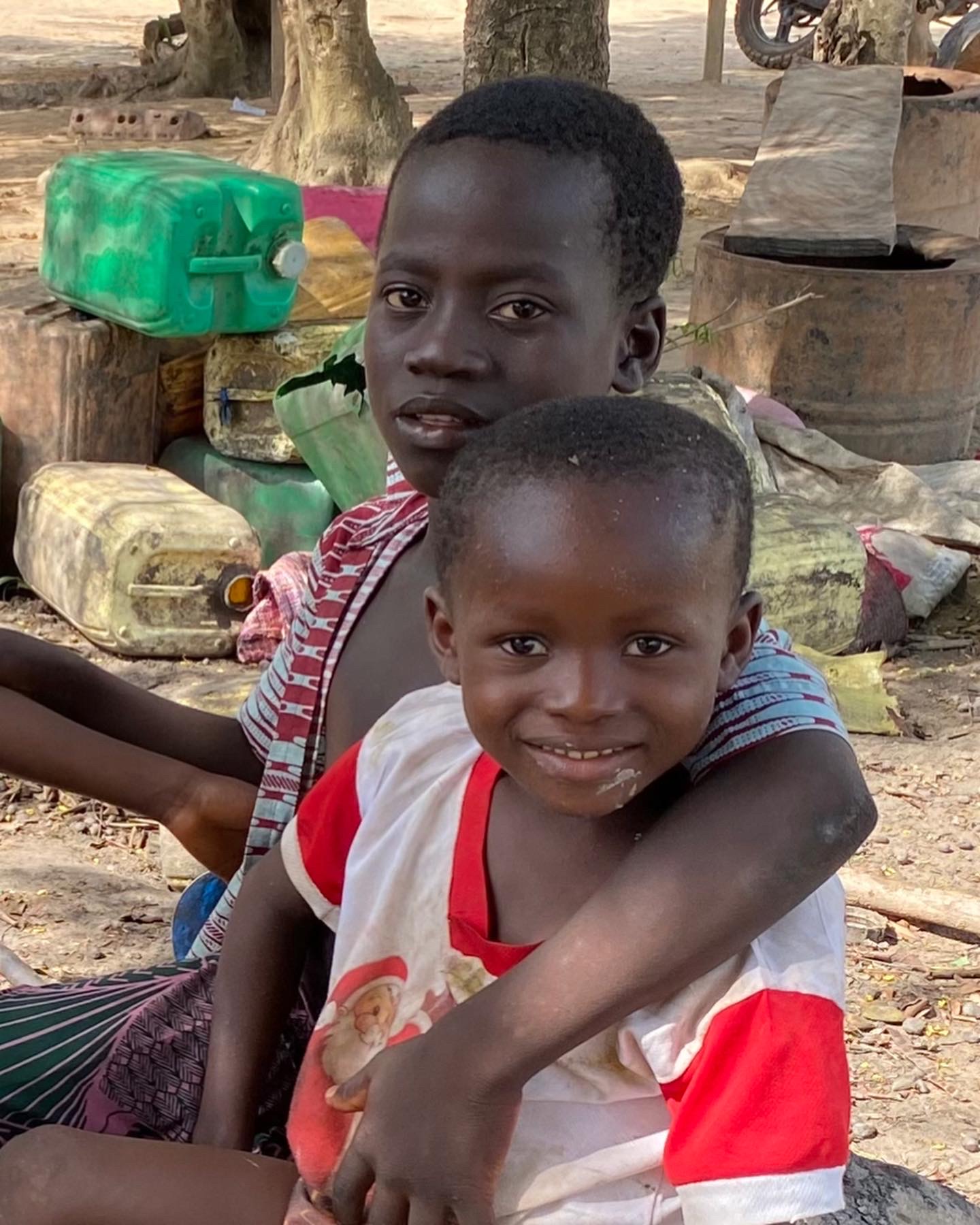In October, 2022, the UN-REDD programme’s UNEP team went on a field mission for several days in the Lôh-Djiboua region of Côte d’Ivoire. The main objective of this mission was to assess the feasibility of implementing REDD+ at a jurisdictional level in this region. The team met with a wide range of stakeholders in the area: communities, decentralized services of the government (Minister of Environment, Water & Forests, Agriculture), decentralized structures, among others. The purpose of these discussions was to better understand the role and function of each stakeholder on the territory, to listen to their vision and needs in terms of forest management and to assess whether or not decentralization was happening – all of this to prepare an efficient REDD+ implementation on the ground.
The first observation was that very few knew about REDD+, even in the Ministries. The information seems to be stuck at the national level, thus preventing the implementation of policies and measures at local level.
The second observation was that decentralization is not ready yet, that competences transfers are not being carried out from the government to local authorities.
Nonetheless, REDD+ is more likely to be just and locally legitimate if the design, implementation and allocation of benefits represent local needs and aspirations to match a territory’s vision. Decentralisation of meaningful decisions to locally accountable and responsive (e.g., representative) local authorities would promote local engagement in REDD+ decision making. The level at which rules are made and benefits distributed will be a key issue in the legitimacy, effectiveness, efficiency and equity of REDD+. In Côte d’Ivoire, the constitution adopted in October, 2016 reaffirms decentralization with the creation of a Senate representing the territorial collectivities and local authorities. Sixteen areas of competence are conceded by the law of 2003 on the transfer and distribution of competences from the state to the territorial collectivities, one of which is environment. In the financial and human resources context observed during the field mission, one can only note that the transfer of competences remains rather largely theoretical, in particular in the sector of planning, economic development, promotion of agriculture and environmental management. Local authorities are focusing today’s work on education, health, and access to drinking water.
Author:
Yoann Allanic
Interim UN-REDD+ Coordinator for Africa
UNEP/UN-REDD

